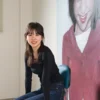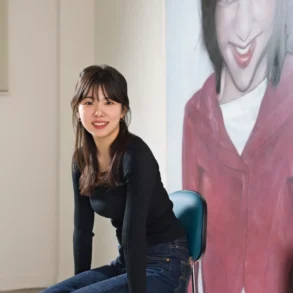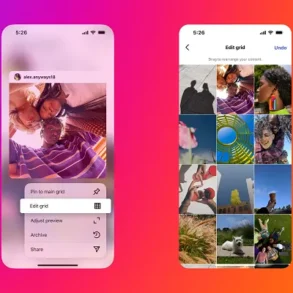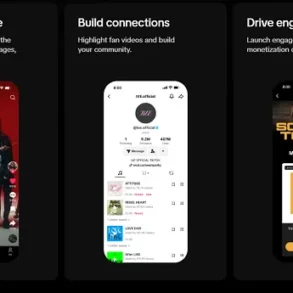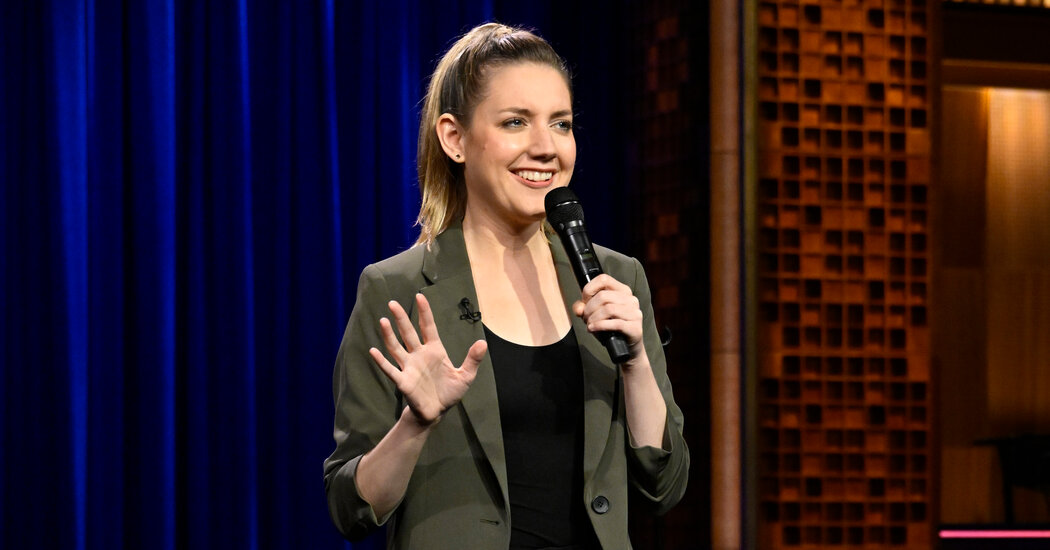
Stand-ups need time and practice to get good. When they have to focus on promotion and their social media feeds, the art form suffers.
In November, the comic Isabel Hagen made a confession that you almost never hear an artist make publicly. In a provocative Substack essay headlined “Social Media Is Depriving Artists,” she wrote that while she once spent most of her time writing jokes, studying and refining them, her time and focus had shifted to promoting them.
“Every day instead of writing, I sit and think: I should post a clip of stand-up,” she explained before describing her work-a-day thought process. “What clip will get mean reactions that spark fights in the comments and therefore feeds the algorithm and gets me more views? Should I go into my folder of bikini photos and post one with the caption ‘lol hi’?”
The first thing to say about this is, for an artist in 2024, it’s entirely rational and more common than you think. The second: It’s bleak.
Hagen deserves praise for her honesty, because her essay captures the year in comedy in a way that the barrage of best-of lists doesn’t. Young artists, to be sure, have always had to promote themselves, but the balance between that element of the job and the actual art feels worryingly lopsided in our current digital age.
The stigma of selling out is long gone, now replaced by the guilt of not doing it, constantly. For young artists, that tends to mean posting clips online, which puts butts in seats and increases follower counts, which helps get jobs. Comedy has moved to video. Most clubs now tape every set, turning these institutions into mini-studios that provide the video for Instagram commercials.
The goal for most comics building careers is an hour on Netflix, which is showing signs it appears as interested in creating newsy comedy events as ambitious specials. Its push to live shows accelerated this year, drawing audiences to roasts, specials and talk shows, even though every one of these would have been better if it had been edited and fussed over. That’s one of several signs that pressure to focus on something other than honing jokes is not merely an issue with young comics, but also tied to larger trends in comedy.
This post was originally published on this site be sure to check out more of their content


